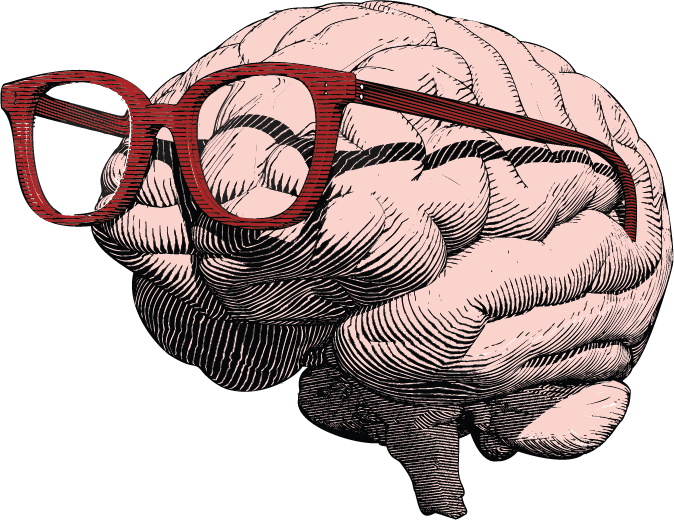Jason Shepherd: Associate Professor of Neuroscience at University of Utah
Jason Shepherd is an Associate Professor at the University of Utah, where he studies the molecular mechanisms underlying learning and memory. Jason has spent nearly two decades investigating one particular protein, Arc. While it’s been known for a long time that Arc is crucial for long-term memory, the Shepherd group recently made a discovery which revolutionized our understanding of how the protein functions. They showed that Arc can oligomerize, assembling a massive structure (similar to a virus capsid) which can traffic messenger RNA (the nucleic acid which serves as a go-between between the genetic code and all of a cell’s protein components) from one neuron to another. The implications of this discovery are massive; it demonstrates a novel form of intercellular communication which might be critical for normal learning and memory. “It opens up a whole new avenue of thinking about how information is encoded and stored in the brain,” Jason says.
Jason’s interest in studying the molecular mechanisms of learning goes back to a term paper he wrote as an undergraduate at the University of Otago in Dunedin, New Zealand. Soon after, Jason elected to begin an Honors program which required him to spend an additional year doing laboratory research. Rather than completing this work at his home institution, he made his own path. He worked out an exchange agreement which allowed him to study at the University of California Irvine, an institution with many professors renowned for their work on the mechanisms underlying memory. Because he had thoroughly investigated all of the options available to him, Jason found himself in a unique and almost unforeseen position; he was essentially a first-year graduate student at UCI before he had even applied to any PhD programs. He got to sit in on classes and do research rotations with some of his scientific idols. He even got his name on a major publication. “You should always try to figure out all the opportunities you can,” Jason tells aspiring scientists. “There’s always going to be some luck to life and to the decisions that you make,” he adds. “But you should try to put yourself in as many circumstances as you can to get luck.”
There’s always going to be some luck to life and to the decisions that you make, but you should try to put yourself in as many circumstances as you can to get luck.
Jason Shepherd
At this point, Jason was dedicated to pursuing a career in science and studying synaptic plasticity. “I never thought about anything else.” he admits. Jason decided to attend Johns Hopkins for graduate school and then, after defending his dissertation, he got a postdoctoral fellowship at MIT’s Picower Institute. Soon after, he got the opportunity to start his own group at Utah.
The War on Information
In the last few years, Jason has been finding new opportunities to hone his science communication skills. He’s been co-hosting a podcast called This Week in Neuro (along with previous Once a Scientist guests Erin Calipari and Vincent Racaniello) under the banner of the MicrobeTV podcast network, a scientist-driven science education platform. He also gave a TEDMED talk, and curated and coached short talks for some of Salt Lake City’s TEDx events.
Jason believes that this is a critical time to explain and disseminate the scientific method as widely as possible. “Scientists,” he says, “need to stand up and say ‘this is how we get our information. This is how you can rely on this information and why you need to listen to experts.’” And a failure to do so empowers the belligerents in what he calls a war on information. For the first time, he muses, people “have access to all of the information that humankind has. But not everyone is trained to evaluate that information, and figure out what is legitimate and what isn’t.
It doesn’t inspire confidence among the public when scientists change their recommendations suddenly. But, according to Jason, it’s a sign that the process is working. The scientific method requires researchers to come up with their best ideas, then turn around and try mercilessly to disprove those same hypotheses. While science doesn’t always produce the best answer right away, Jason says, “it’s the best way to explain the world that we know of so far.”
Jason’s Favorite Books
Once a Scientist is made possible by support from our listeners! Each week, we ask our interviewee to tell us about their favorite books. If any of these reads catch your eye, you can support the show by using the links below to buy a copy for yourself!
- The Man Who Mistook His Wife for a Hat by Oliver Sacks
- The Foundation Series by Isaac Asimov
- Cloud Atlas by David Mitchell
- Cryptonomicon by Neal Stephenson
Show notes for this episode were written by Sam Asinof.
